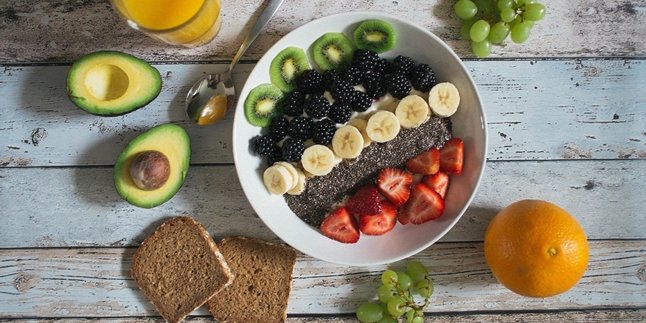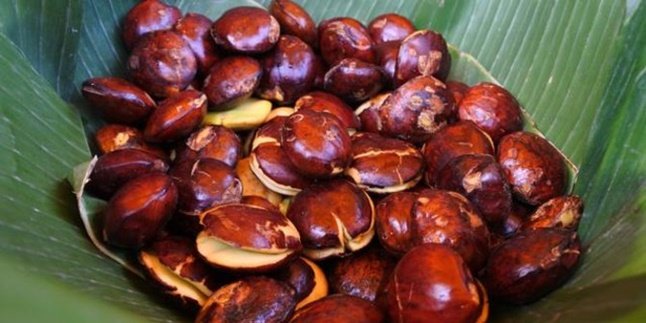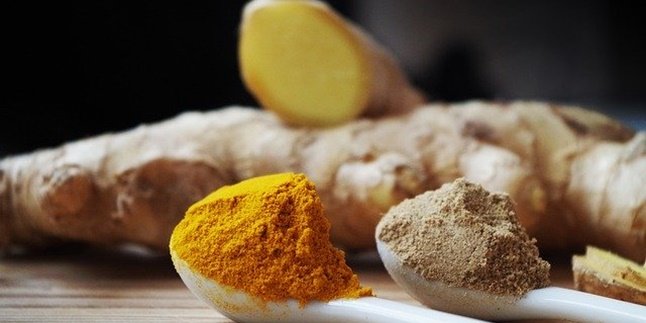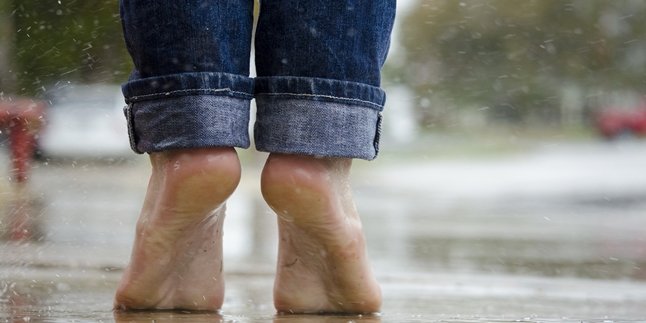Kapanlagi.com - Dehydration or lack of fluids in the body is a common problem when someone is fasting. This is because during fasting, we are required not to drink for approximately 12 hours. This certainly causes a decrease in body fluids. However, when fasting, a person still has to perform various activities that will drain energy and result in dehydration. Therefore, you need to know how to overcome dehydration.
Although dehydration is usually mild and not life-threatening, it can still disrupt activities and should not be underestimated. Dehydration usually has symptoms such as weakness, dizziness, headaches, and easily tired body.
-----------------------
Ramadan News: Want to Break Fasting with Celebrities?
Join KapanLagi Buka Bareng, an online breaking fast event with Jirayut and Rara LIDA on May 9th. There will also be Chef Norman, Danilla, and Adhitia Sofyan. How to join? Register first here, and fill in your personal data. It's all FREE. Read the complete guide here.
Register now. If not now, when?
-----------------------
Fluid is indeed very important for the body, especially since the human body consists of 70 percent fluid. However, during fasting, one must endure thirst for hours on end, so there must be several ways to overcome dehydration in order to maintain normal body functions. The following are ways to overcome dehydration while fasting that you need to know:
1. Drink Enough Water According to Your Needs
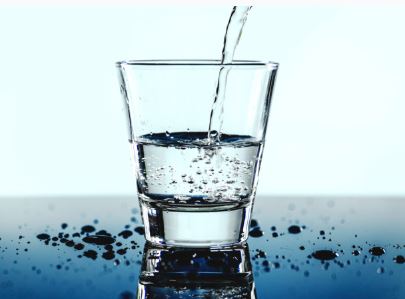
Drink Enough Water According to Your Needs (credit: freepik)
Basically, the fluid needs of each person vary according to body condition, age, gender, environmental temperature, types of food consumed, and types of activities. However, on average, drinking at least two liters or eight glasses of water per day is recommended. Therefore, you can follow the 2-4-2 drinking rule, which means drinking 2 glasses of water during suhoor, 4 glasses of water when breaking the fast, and 2 glasses of water before bedtime.
2. Drink Milk and Coconut Water
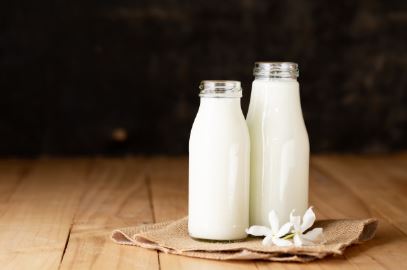
Drink Milk and Coconut Water (credit: freepik)
In addition to drinking water, consuming milk and coconut water can also help prevent dehydration. According to research, milk contains protein, carbohydrates, calcium, and electrolytes, which can help overcome dehydration during fasting.
Meanwhile, coconut water is a natural ingredient that contains natural isotonic and electrolytes. A glass of pure coconut water can help replenish the body's ions that have been depleted throughout the day. Coconut water also has the benefit of treating dry skin due to its high content of vitamins and minerals. Therefore, you can include coconut water in your iftar menu.
3. Avoid Caffeine and Tea During Ramadan

Avoid Caffeine and Tea (credit: freepik)
If you are used to consuming caffeine and tea, it is advisable to avoid them during fasting. Caffeine and tea can trigger dehydration. It has been proven that consuming them can cause mild dehydration.
In addition, consuming caffeine during the fasting month can cause gastric acid. Excessive consumption of caffeine can also cause difficulty sleeping and will certainly have an impact on the body's productivity during the day.
4. Avoid Eating Salty Foods During Suhoor
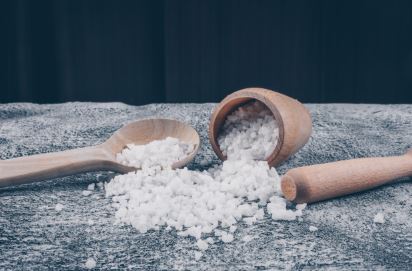
Avoid Eating Salty Food During Sahur (credit: freepik)
If you have been fasting for a few hours and feel thirsty, it may be because the menu during suhoor contains a lot of salt, causing dehydration. Salt has a significant effect on the body's fluids.
If you consume too much salt, it will affect the body's regulation and make you feel thirsty. Therefore, avoid foods that contain a lot of salt during suhoor.
5. Consume Fruits and Vegetables with High Water Content
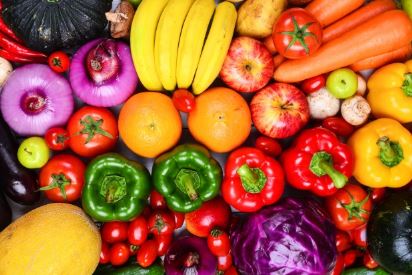
Consume Fruits and Vegetables (credit: freepik)
If fluids are synonymous with drinks, perhaps that is not entirely true. Fluids in the body can be balanced by consuming fruits and vegetables. Choose fruits and vegetables with high water content such as cucumbers, celery, broccoli, apples, pears, strawberries, which can be added to the menu during Sahur or breaking the fast. So, from now on, increase your intake of vegetables and fruits to avoid dehydration during fasting.
6. Avoid Heavy Exercise
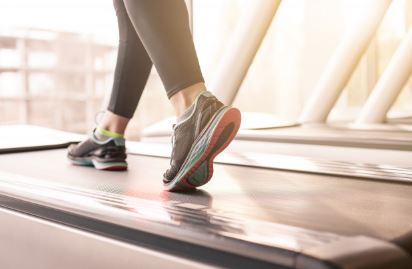
Avoid Heavy Exercise (credit: freepik)
During fasting, we are still encouraged to engage in activities and some exercise. However, it is important to avoid heavy exercises such as cardio workouts. If you still want to do it, it is better to reduce the duration of the exercise. Exercise can be done in other ways such as light jogging or walking in the morning.
7. Avoid Outdoor Activities During the Day

Avoid Outdoor Activities During the Day (credit: freepik)
When someone has a lot of outdoor activities while fasting, the hot weather makes them sweat more. It should be noted that besides through urine, body fluids can also be lost through sweat. It is advisable to avoid or limit outdoor activities that can cause dehydration.
8. Don't Sleep Too Much

Don't Sleep Too Much (credit: freepik)
Many people believe that sleeping while fasting is an act of worship. In addition, many people believe that sleeping means conserving energy in the body, so fasting doesn't feel difficult. However, when sleeping, fluids will still be released by the body, or commonly known as insensible water loss. So, if you sleep too much, more fluids will be lost.
Those are some ways to overcome dehydration during fasting. By knowing this, hopefully it can help you have a smooth fasting experience and carry out fasting worship properly. Hope it's beneficial.
(kpl/dtm/gen)
Disclaimer: This translation from Bahasa Indonesia to English has been generated by Artificial Intelligence.














